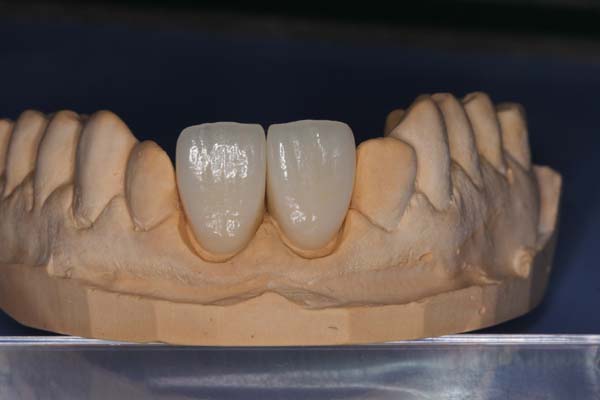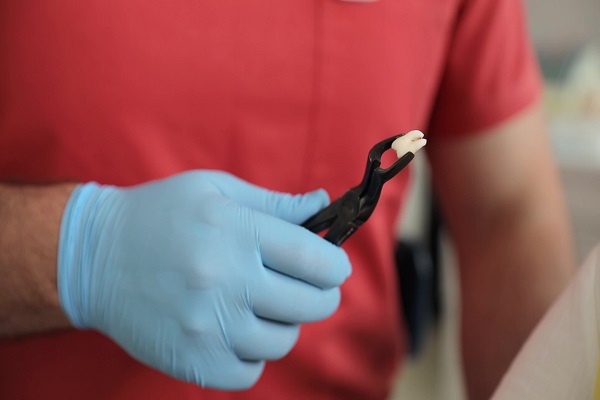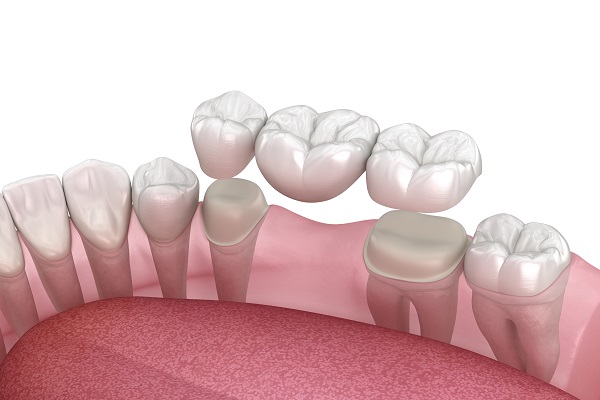The Number of Dental Visits for a Dental Crown

A dental crown, also called a cap, forms the tooth's outer covering, protecting the tooth from decay and damage. A crown does not eliminate the need to visit your dentist in the future; you will still need to have your teeth professionally cleaned and examined regularly by your dentist. However, it can certainly help restore your smile. Dental visits are necessary because crowns require care from your dentist to prevent damage to the base of the tooth or an underlying infection or disease.
What is a dental crown?
A crown is a cap that fits over and covers some of your teeth. They're used to protect weak, broken, or cracked teeth. They can also be used to cover up tooth damage caused by fillings, which happen when decay spreads beneath one or more fillings. Dental crowns are usually made from porcelain fused to metal (PFM), gold alloy, or zirconia ceramics. These materials are strong enough to provide support while protecting your teeth from further damage.
Why do I need a crown?
A crown is a permanent artificial cap that is placed over a tooth to restore its shape and size and improve its strength. In many cases, you'll have multiple visits with your dentist so they can prepare your tooth correctly. Make sure you understand all that is involved in getting one to know what to expect! It's important to talk to your dentist about the entire process, what your recovery looks like, and how you can best prepare for the procedure. Knowing these things in advance can help ease your mind and be fully prepared as much as possible.
Types of crowns
There are many different crowns, but some are more common than others. Your dentist can go over each of these and explain them more in-depth. However, here is a simple breakdown. Some common types include porcelain, all-porcelain, and ceramic. Porcelain is a mixture of calcium oxide (or other minerals) and colored oxides that produce an opaque paste fired in kilns to create objects with new colors. All-porcelain crowns are like regular fillings, which often have added coloring from composite materials or stains to make them match your natural teeth better. Porcelain fused to metal crowns combines porcelain materials with metals such as titanium or zirconium to further strengthen them.
Process
Getting a crown is generally a two-visit process. On the first visit, a dentist will prepare and model your tooth and then place your temporary crown. At some point over about 10-14 days, you'll return to be fitted with your new permanent crown. When your permanent crown is ready, a dentist will remove your old temporary crown, clean your tooth/gum area, glue in your new permanent crown (using a special light-activated cement), and make sure everything feels as it should. Let your dentist know if you experience any discomfort or have other concerns about your healing process.
Contact your dentist
The process of getting your dental crowns can start with a single call. Call your dentist today to schedule a consultation for a dental crown. Get the smile you deserve.
Request an appointment here: https://www.dentalcareofmorrisville.com or call Dental Care Of Morrisville at (919) 261-5059 for an appointment in our Morrisville office.
Check out what others are saying about our dental services on Yelp: Dental Crowns in Morrisville, NC.
Recent Posts
Dental implants are a great way to replace multiple missing teeth. A dental bridge is also a solution for multiple teeth replacement in many cases as well. By learning more about the pros and cons of each option, it will help you decide which treatment option is right for you. Missing teeth create a cosmetic, functional…
Replacing a missing tooth as soon as possible helps prevent issues that lost teeth can cause, like bone tissue deterioration in the jaw, an increased risk of tooth decay, and the remaining teeth moving out of their proper alignment.Let us take a look at a few of the benefits of replacing a missing tooth with…
Failing to replace a missing tooth can have long-term adverse effects on your dental and overall health. It can change the natural shape of your facial structures and affect your smile's appearance. It can also make you more vulnerable to periodontal disease, which happens to be the top cause of adult tooth loss, according to…
Tooth extraction can be a frightening concept, especially for those who have never had a tooth removed before and are not sure what to expect or those who have had a bad experience with extraction in the past. However, there are various things you and your dentist or oral surgeon can do to help mentally…


